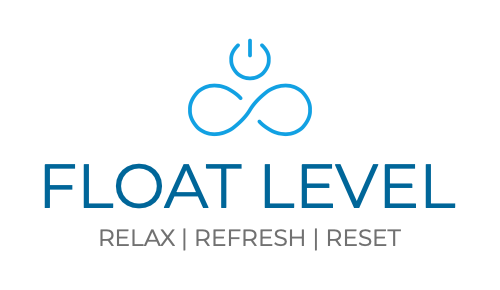Got an Exam Coming Up? Try Floating to Supercharge Your Learning!
/As much as I have tried to plan ahead for exams and important events, I have always needed the fear factor to come into play before I can really start to knuckle down and revise. This was the case through school, university and in my professional life. One of the problems with this approach is that often, while the end result may still be what you want, the process of getting there can be very stressful and result in rather extreme forms of behaviour such as all-night revision sessions and a somewhat scattered mind. If any of that rings a bell, you may want to read on…
So what if there was a way to ensure you were always at your best for learning and even enhance your learning process without having to sacrifice routine and, more importantly, your sanity?
What The Research Says
There have been many studies concerning floating and its effect on cognitive performance and learning. While in our normal alert, problem-solving state of mind, we can process lots of information at a superficial level, which can make us very productive. However, this state results in a lot of competition for what information gets processed and how we prioritise as well as lacking the deeper interpretation and synthesis of the information into new ideas. This, coupled with our tendency for becoming distracted by other external stimuli or random thoughts, can make complex, interpretive learning, particularly on a tight schedule, very challenging.
The floatation environment allows our minds to escape this Beta (alert, problem-solving) state of mind and drift gently into the Theta (meditative, clear, focussed) state of mind and it is here that we are able to absorb information in a calm and structured way.
Indeed, a 1982 study conducted by Professor. Thomas Taylor specifically demonstrated this very point using two groups of people – one of which listened to a recorded lesson on a sofa in a dark room and the other, which listened to the same recorded lesson in a floatation tank.
“There’s no question that the experimental group learned more, but where they learned is the most important point. People who floated learned at a different cognitive level. The results show that the more difficult the concept, the bigger the difference in the performance of the two groups.”
Taylor was even able to identify the “eureka moment” on EEG results indicating when a complex thought had been synthesised which was only visible on the floating subjects’ readings.
More recent studies have confirmed that the greatest amount of learning takes place when the learner’s state is one of deep relaxation combined with mental alertness. This is what the theta state provides with hemispheric cooperation at its highest and stress levels lowered.
The good news is that you can listen to your own material in the tank but also, with the effects of floating lasting well beyond the session itself, you can ensure you make use of this deeply relaxed state post-float to supercharge your own learning at home!
Why not test it out for yourself and book a session when we're open! Keep an eye out for updates on our social media pages.

